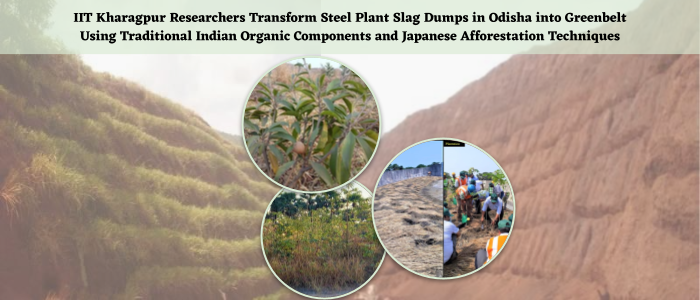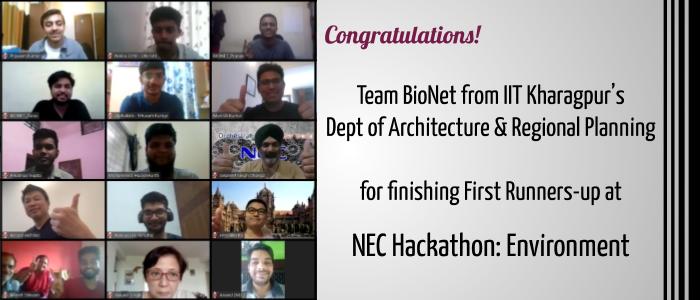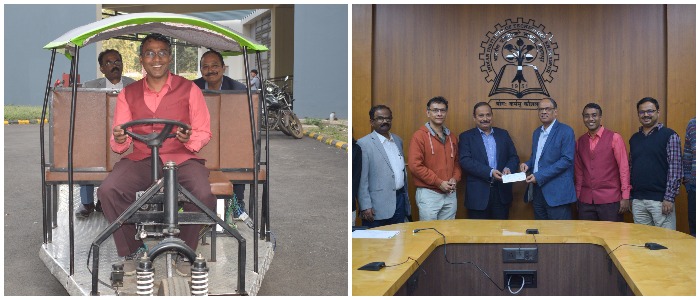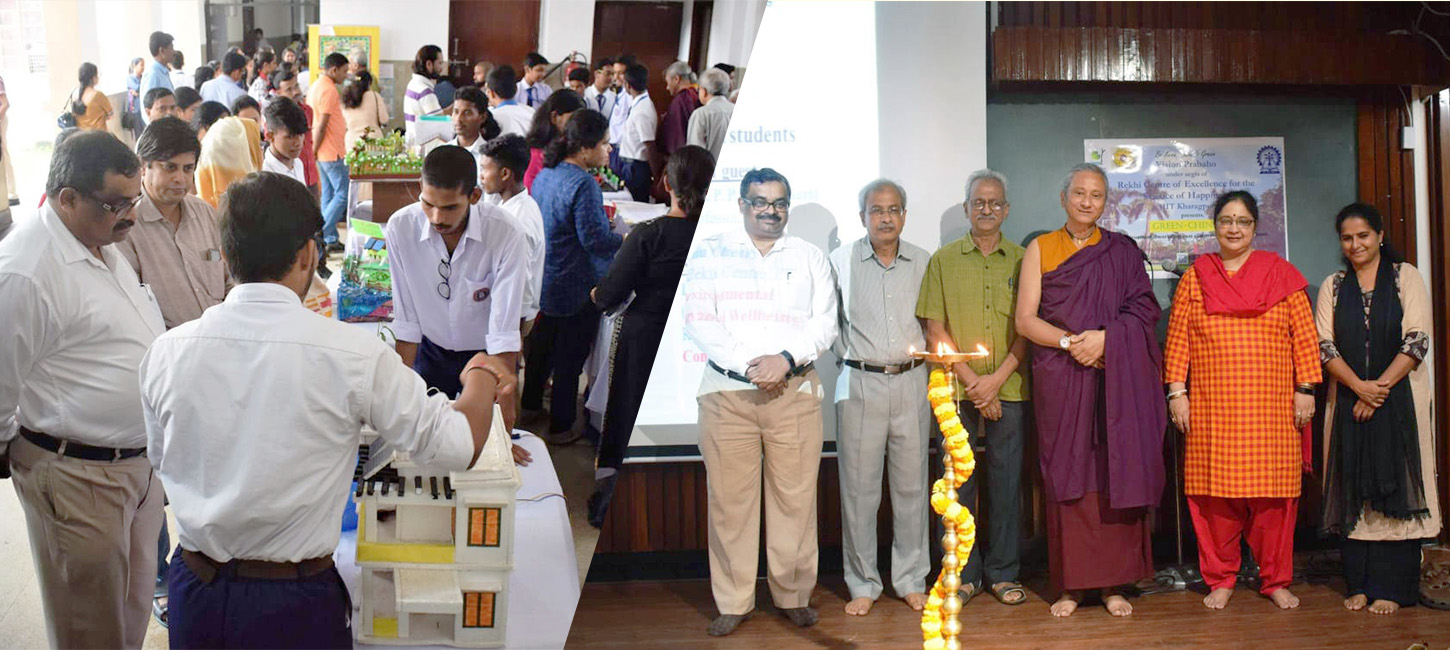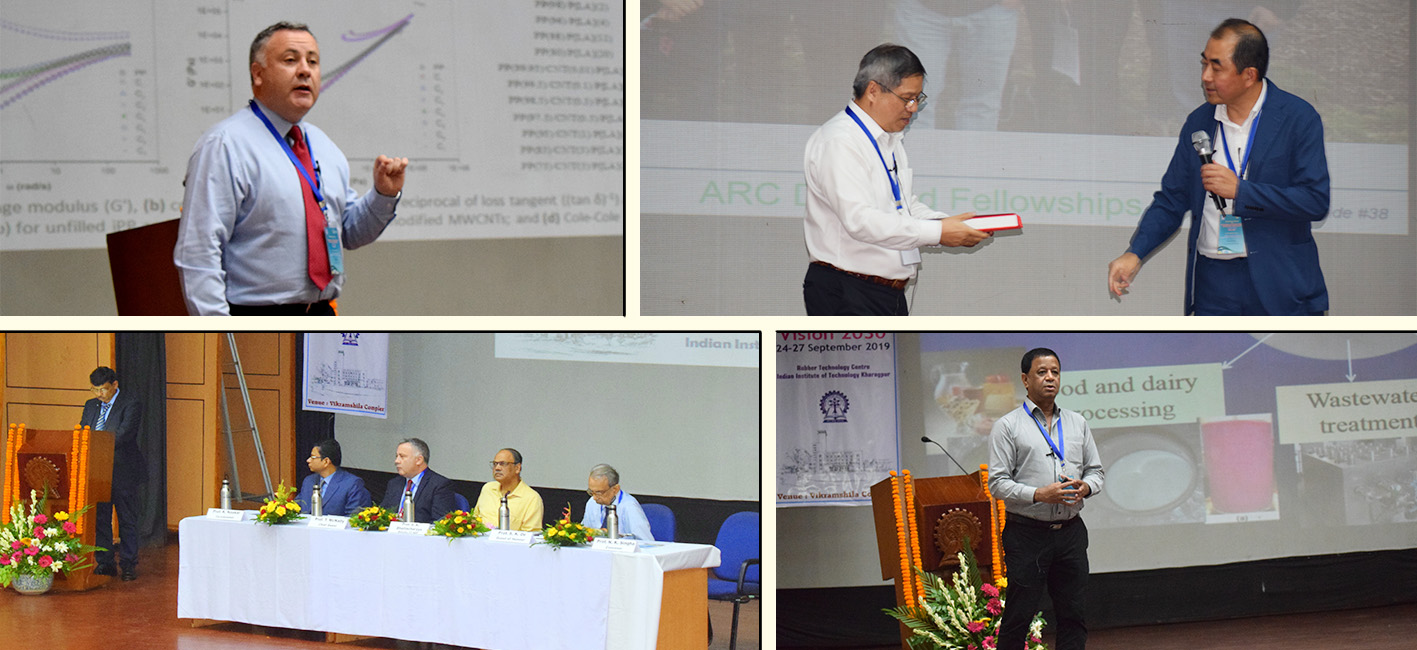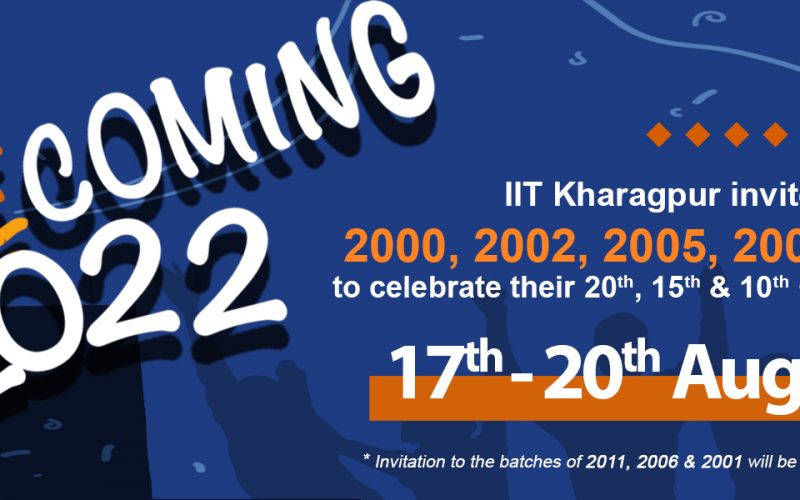
The Home called Alma Mater – The Class of KGPian Millennials
Homecoming 2022 of the 10th, 15th & 20th Graduates of IIT KGP Every happiness of yesterday is a memory for tomorrow. Sometimes you never know the value of a moment until it becomes a memory. This feeling was revived by our class of KGPian Millennials who revisited the home that nourished and shaped them...to make them what they are today. From 17th to 20th August 2022, along the lines of IIT Kharagpur's 72nd Foundation Day, the institute welcomed the classes of 2000, 2002, 2005, 2007, 2010 & 2012 batches who held nothing but gratitude and affection for their Alma Mater.…

